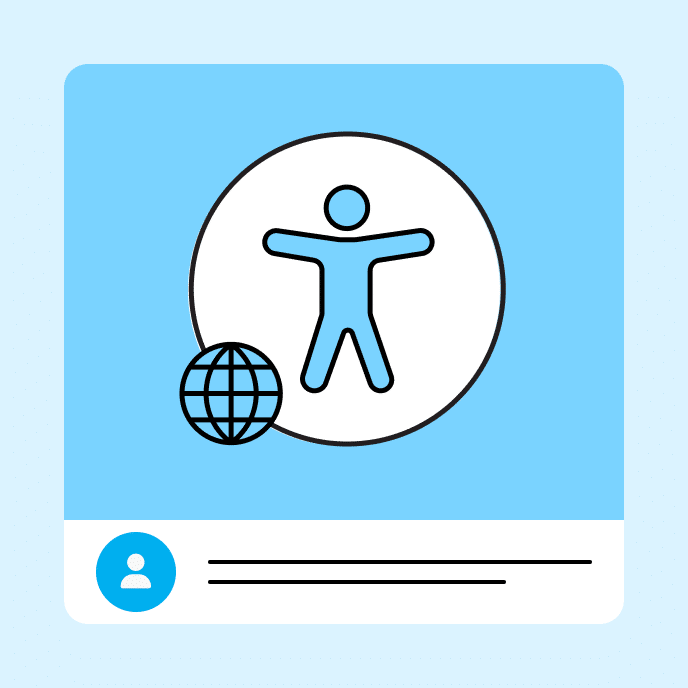What is text-to-speech?
Text-to-speech (TTS) technology is a type of assistive technology that converts written text into audio files. It is also referred to as “read aloud” technology, speech synthesis, and computer generated speech. Companies often offer this type of technology as a text-to-speech API.
Text-to-speech is an important feature of digital accessibility, and was originally developed for this purpose. People who are nonspeaking, have visual impairments, or have learning disabilities like dyslexia can benefit from text-to-speech tools, as can people without disabilities who prefer to absorb information by listening.
Example: Our e-learning platform uses text-to-speech software to convert text to custom voice tracks. We use these as narration for our videos to help guide learners and reinforce lesson material.
TTS and natural-sounding speech
As text-to-speech technology evolves, voice generator capabilities have gotten more and more advanced with the help of AI. Today’s text-to-speech tools can offer very natural-sounding voices and high-quality audio. An AI voice generator may even be able to generate real, human-like speech in multiple languages, accents, or a preferred voice style.

Related terms
You may also like
Ready to get started with the leading course authoring tools?
Articulate has everything you need to create better workplace training. Start creating for free today.



